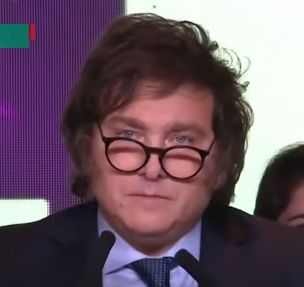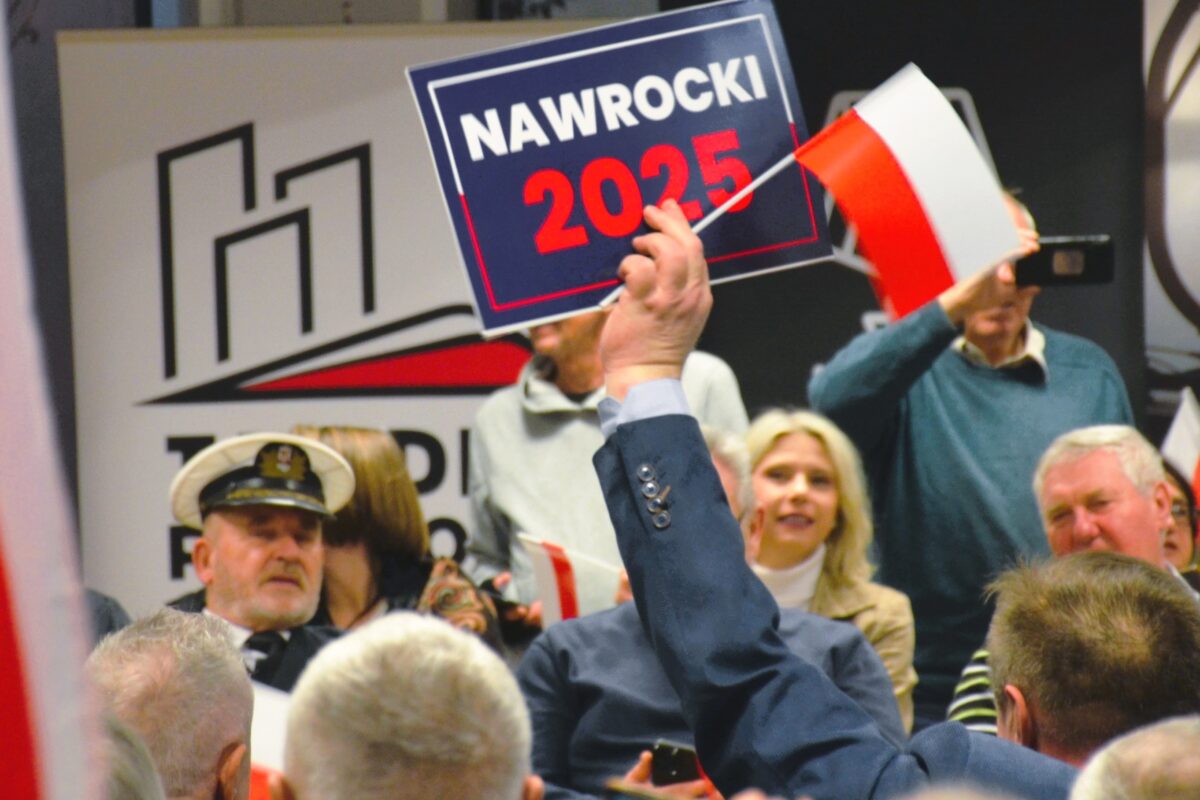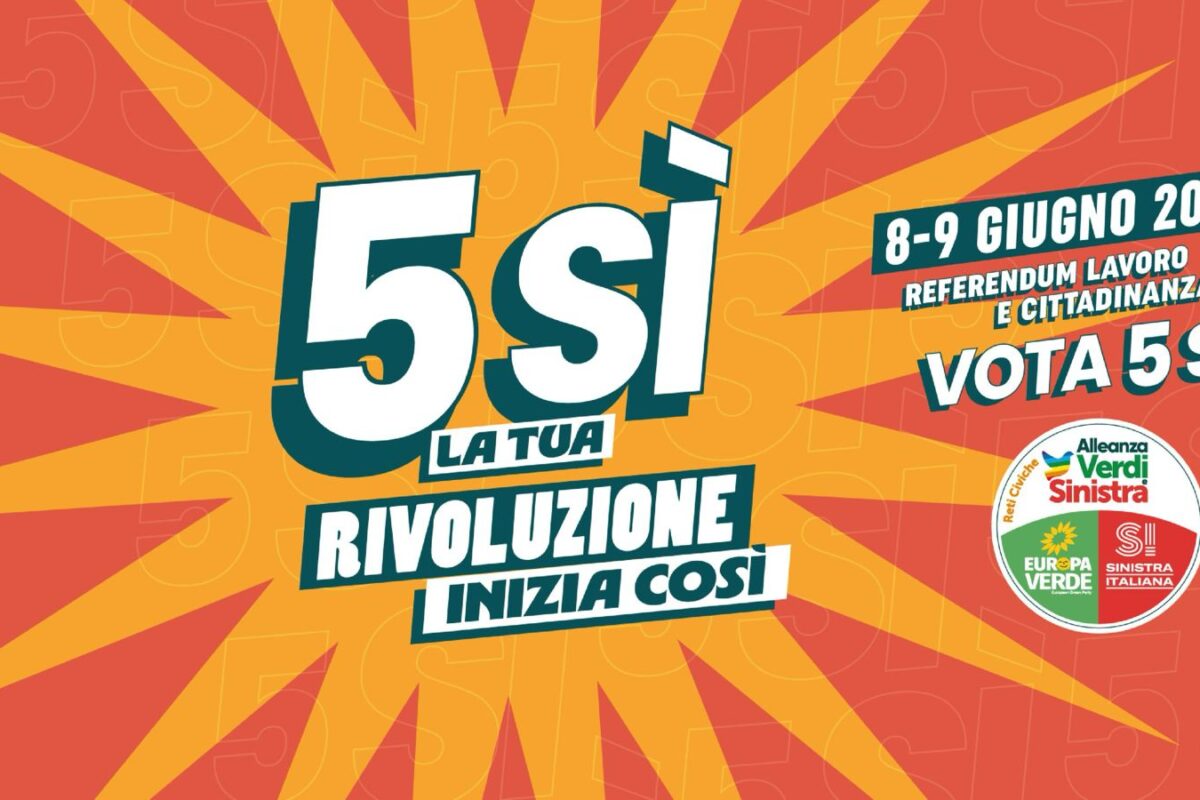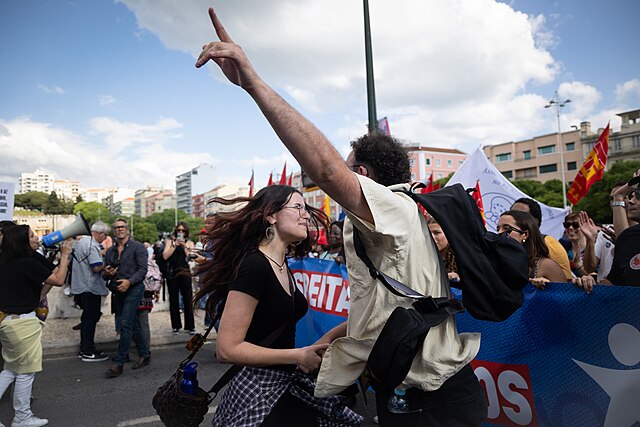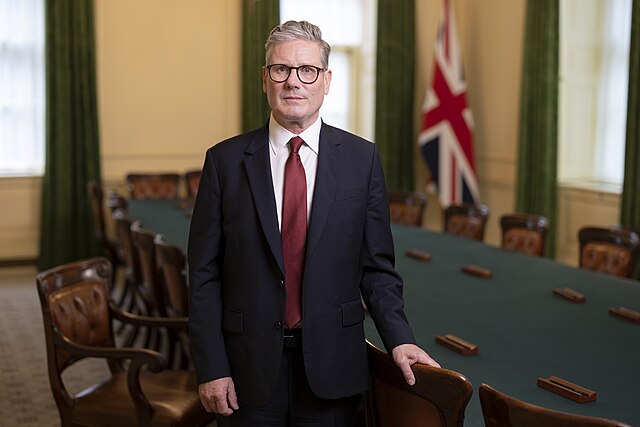Milei’s victory in Argentina undoubtedly changes the national and regional political landscape. The earlier defeats of Kast in Chile and Bolsonaro in Brazil, and the victories of Petro and Obrador in Colombia and Mexico respectively, signalled the rejection at a continental level of liberal-authoritarian forms of government. However the Argentinian election, along with Noboa’s victory in Ecuador, has reactivated the growth of the most crazed and extremist aspects of the continent’s right-wing forces. This impacts Latin America and also provides backing for Trump’s presidential ambitions in the USA.
Workers and the middle classes are confronted by elite sections at the margins of the traditional establishment: youtubers, presenters, economic advisors, supporters of the military, and other dubious figures of the global ruling class. They are the product of a world-wide societal decay. They portray themselves as “marginal” – so they don’t resemble the classic lawyer-type politician who thinks and speaks along conventional lines. They can therefore breach the limits of what is sayable. They self-promote an image as “pariahs” to portray a “commonality” with the truly marginalized, who live daily listening to politicians but who offer no solutions to their real problems. The cultural battle of constructing “nacional y popular” identities, falls to pieces when you can’t pay your electric bill or the rent. [nacional y popular refers to the the political persecutive of the kirchnerist government which puts the focus only on the cultural and hegemonical level in order to fight against the right wing parties].
Criticism of the “political caste”, is Milei’s media hobbyhorse. It was transmuted in just a few months into an alliance with the classical parties of the right, so Mauricio Macri and Patricia Bullrich joined with Milei in celebrating the results. There is only a superficial symbiosis between “marginalised” upper class individuals and the truly marginalised lower classes. But the upper class individuals, however uncomfortable Milei makes the establishment feel, end up closing ranks with their class companions. Macri quickly moved to bring structure and an apparatus allowing Milei stability to carry forward plans to dismember Argentinian society.
The poor will be poorer, the rich richer. Across the board violence will increase its hold over our society. Very shortly the government plan proposed by Milei’s party La Libertad Avanca (Freedom Advances) will hurt the very people who voted for it. The privatization of publicly owned means of communication, public transport and especially YPF (the state-owned Argentine energy company, the biggest enterprise in the country) will be the first measures. To that will be added massive business closures, leading to a surge in unemployment and poverty. The cuts in state spending will impact directly on health, education and social services. This raises the question of how the government will be able to implement all of these regressive measures – the only possible route will be through the militarization of society, through the organization of paramilitary groups or the use of the armed forces.
How did it come to this?
It’s not as if workers were living in a golden age under the Kirchnerist-Peronist government. Milei’s regressive proposals emerged because inflation is at an unsustainable 140% annual rate, and the government was making cuts across the board while religiously paying the International Monetary Fund the interest on an illegitimate debt. People were also fed up seeing part of the political class not living in the same conditions as the people they claimed to represent. It’s significant that the candidate for the continuing Kirchnerist-Peronist project was Sergio Massa, the Minister of Economy in this situation of profound crisis. He is the typical besuited politician, moving from party to party, never politically involved beyond his office desk, ultimately someone whose political career is simply a means of advancing his own wealth and social position.
For many sectors of society, the electoral battle ended up being seen as between the current Minister of Economy (Massa) and someone who presented himself as an outsider to the political system (Milei). And although Milei plans to implement a neoliberal adjustment programme which voters have rejected in the past, he knew how to design an electoral campaign which carried him to victory.
Obviously others played a role in this victory. Most prominently, the political parties before the elections had styled themselves as of the “democratic right or centre”. They ended up forming an alliance with LLA allowing LLA not only to win the presidency but also to achieve a majority in congress. In particular Mauricio Macri, the European Union’s preferred politician, was key to Milei’s arrival in the Casa Rosada presidential palace.
On the other side Kirchnerism-Peronism played its part, as Milei’s victory would not have been possible without the chain of political and economic errors committed by the last government. The final straw was Cristina Fernandez de Kirchner’s decision to anoint Sergio Massa as presidential candidate. This put someone with dubious ideological beliefs at the head of the movement. Massa – well-known for having changed political parties more times than his clothes – pushed the political and militant base of Kirchnerism-Peronism, along with all human rights activists, to campaign for a candidate neither they nor others wanted.
It’s also important to say that part of the responsibility lies with FIT-U (Workers Left Front – Unity), the institutional left which defines itself as Trotskyist. The FIT-U finds itself systematically on the sidewalk of history, remaining distant and “pure” while watching political processes unfold. One can critique their call not to vote for either candidate. But the main criticism against FIT-U is their constant evasion of seriously constructing a discourse, a practice, and a political force capable of disputing power both inside and outside the state.
A lack of political projects proposing alternatives to deepen democracy, solidarity and equality represents the biggest difficulty and concern of the current moment. This is a painful absence and a huge challenge ahead of us when opposing our class enemy of the moment.
Putting a brake on Milei’s shock programme, which will resemble that of the Chicago Boys in Chile after the 1973 coup, will depend on how the working and middle classes can link their struggles and organisations. Four years of battles removed Macri as president, where people took to the streets almost daily. They were followed by four years of impoverishment, with millions of people surviving at minimum possible levels. As a result popular energies are at a historic low. However Argentina has shown before that, in spite of appearing defeated, people rise up to challenge political programmes of hunger and poverty drawn up in US and European offices.
The question for us all now – what is to be done?
The obvious response is to continue the struggle, organising and creating alternative political projects. We need to go beyond the proposals that led us here, constructing projects to remove the fertile ground that enables the growth of Bolsonaros and Mileis.
And although it appears a cliché, the Grandmothers and mothers of the Plaza de Mayo (protagonists of the struggles for memory, truth and justice in Argentina) remain the best example. They showed how even in the worst moments we can, in spite of fear and powerlessness, rekindle the hope that a better world is possible and can be built.
The historical examples of the resistance in Bolivia to the coup against Evo Morales, and the battles and organising in Colombia that ultimately placed Gustavo Petro and Francia Marquez at the head of the state are recent regional examples which give us hope; struggles can win, as our Latin American sisters and brothers have shown in practice.
However it cannot be denied that the political and social impact of these last elections will impact on our country for decades. The terrible consequences are close at hand, Ecuador or Mexico are examples of the destructive path this combination of crazed military and neoliberals plan to follow.
We also shouldn’t underestimate the political role of Latin American migrants. Solidarity actions, in uniting reactions to specific political situations and linking struggles in Europe and in Argentina, are a political opportunity that we must not downplay. This was shown in the last elections in Argentina where 1.5% of those on the electoral roll were registered to vote outside the country (and large numbers did not register to vote).
We are convinced that consolidating a political force to build opposition in this profound political and economic crisis is a strategic task to stop the coming neoliberal, privatizing austerity.
It is commonly said that the enemy’s strength is relative to your own. It’s up to us to resist the monster Milei through constructing a political and social movement at this historic moment, until the horizon of a better world is so real that there is no longer a possibility that people like Milei will return to carry us into the abyss. With the historic force of the Grandmothers, the pickets of 2001 and solidarity from across Latin America on our side, the task is clear: organize the resistance.
This statement by the Bloque Latinamericano Berlin originally appeared in Spanish. Translation: Ian Perry. Reproduced with permission
